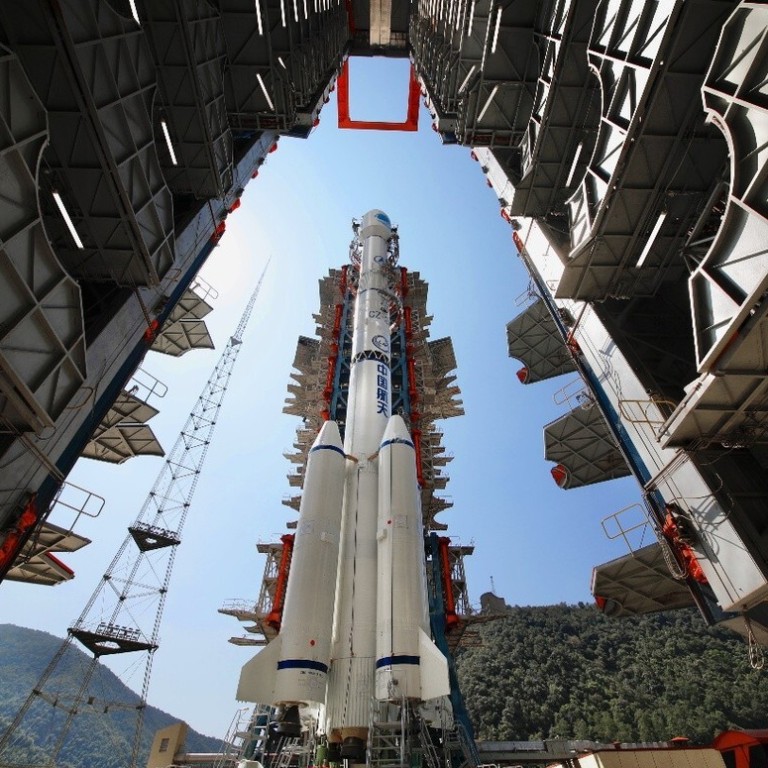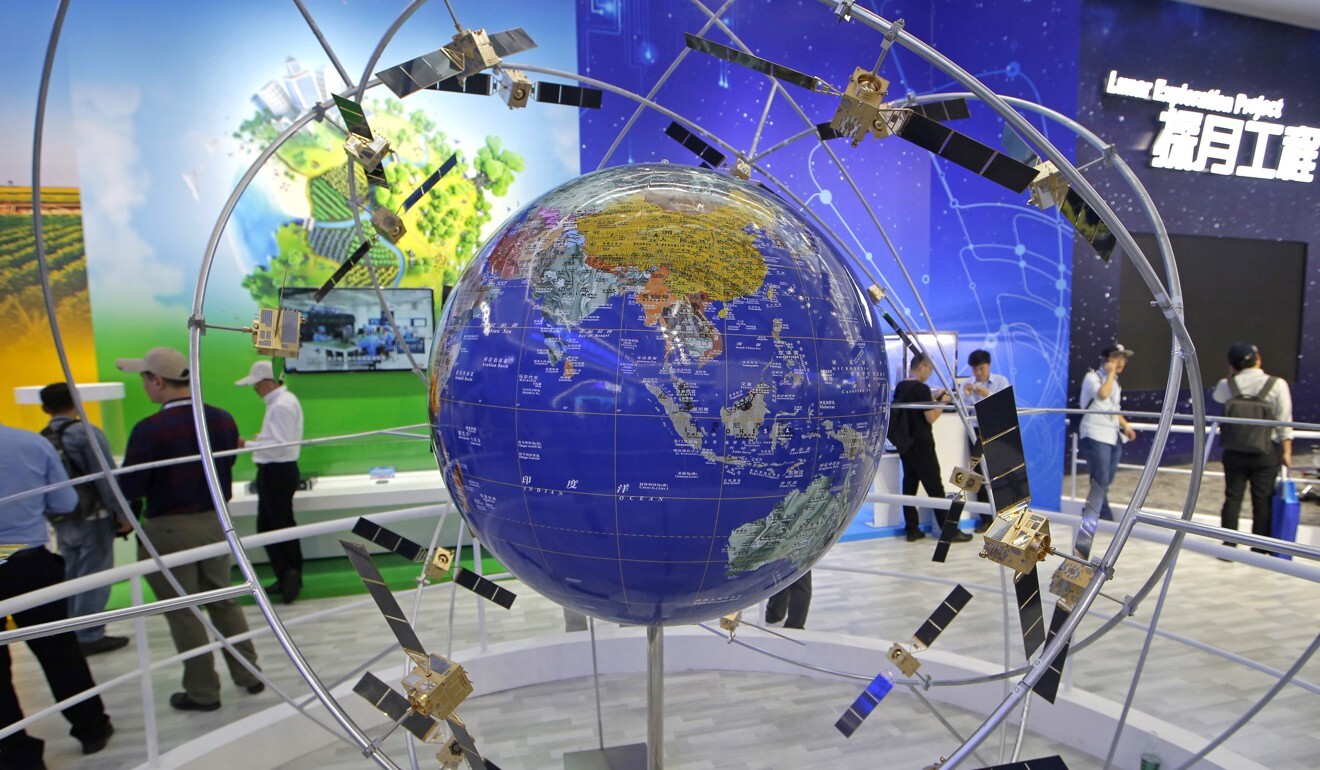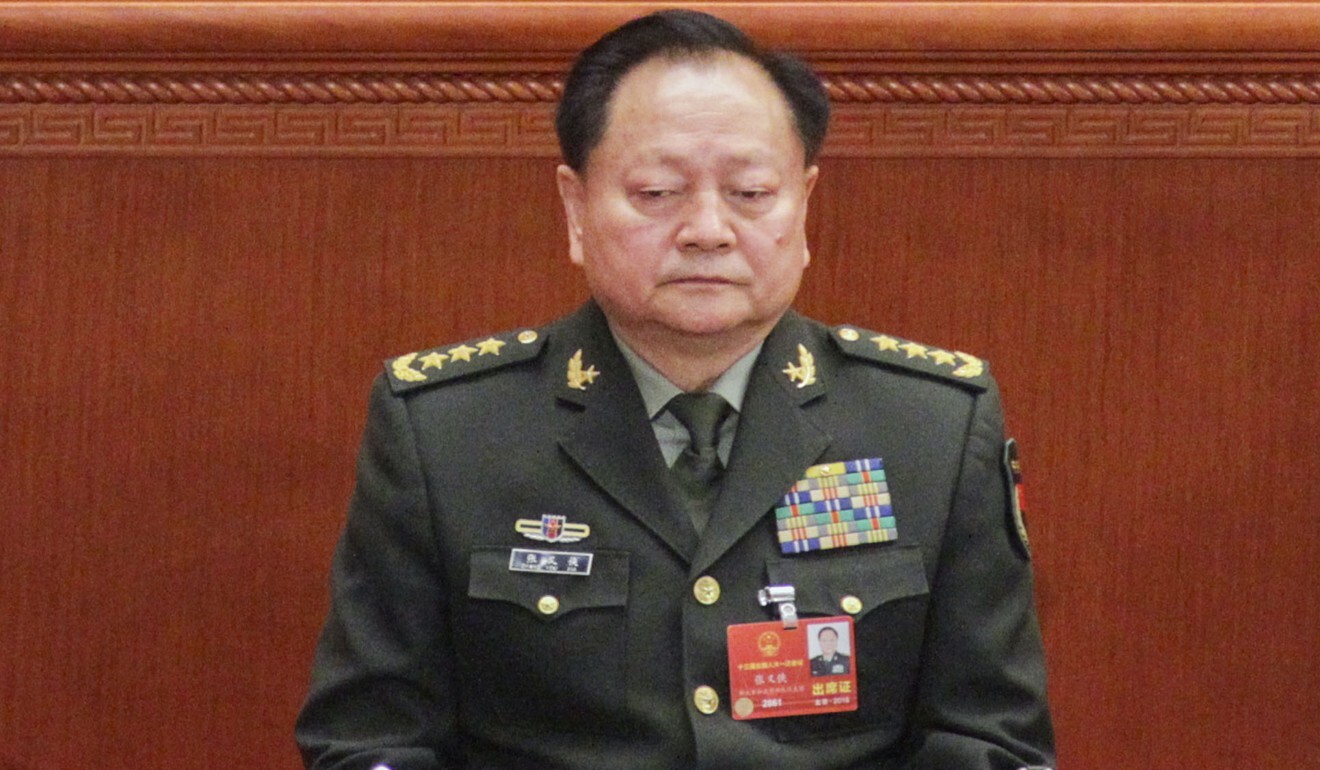
China’s BeiDou set to show the way as Xi Jinping commissions rival to America’s GPS
- Completion of 30-satellite constellation marks a key milestone in country’s efforts to become a space power, vice-chairman of Central Military Commission says
- BeiDou’s developers say system has three times the accuracy of GPS
China on Friday officially commissioned its BeiDou satellite navigation system, which it hopes will rival the United States’ Global Positioning System (GPS).
General Zhang Youxia, vice-chairman of the Central Military Commission, praised BeiDou’s developers for hitting their target six months ahead of schedule despite the Covid-19 pandemic.
“It is an important milestone in the way our country climbs the heights of science and strides towards becoming a space power,” he said.
BeiDou has been providing basic global navigation services since 2018, but the completion of the constellation will greatly increase its positioning accuracy – from 10 metres (33 feet) to 10cm (four inches). GPS, which is owned by the US government and operated by the US Air Force, is accurate to about 30cm.
The completion of the Chinese system will be a comfort to the PLA as tensions between China and the US continue to rise and the risk of the two nations decoupling grows.
The US Air Force said earlier that its pilots often wore watches capable of accessing the BeiDou system in the event of GPS being jammed.

BeiDou also has many civilian applications – including in smartphone chips like Qualcomm’s Snapdragon and Huawei’s Kirin – which last year brought in about 345 billion yuan (US$49.2 billion).
The BeiDou project was started in 1994 and the first pair of satellites were launched in 2000. Since then, the system has been through three generations of development, and launched its 55th and final probe in June.

The constellation comprises 30 satellites, three of which are in geostationary orbit, three in inclined geosynchronous orbit for better regional coverage and 24 in medium Earth orbit, which form the core. The network also has 47 ground stations.
Unlike GPS, Europe’s Galileo and Russia’s Glonass, BeiDou offers a text messaging service, which enables communications between users and the ability to trace user locations in emergency situations.

